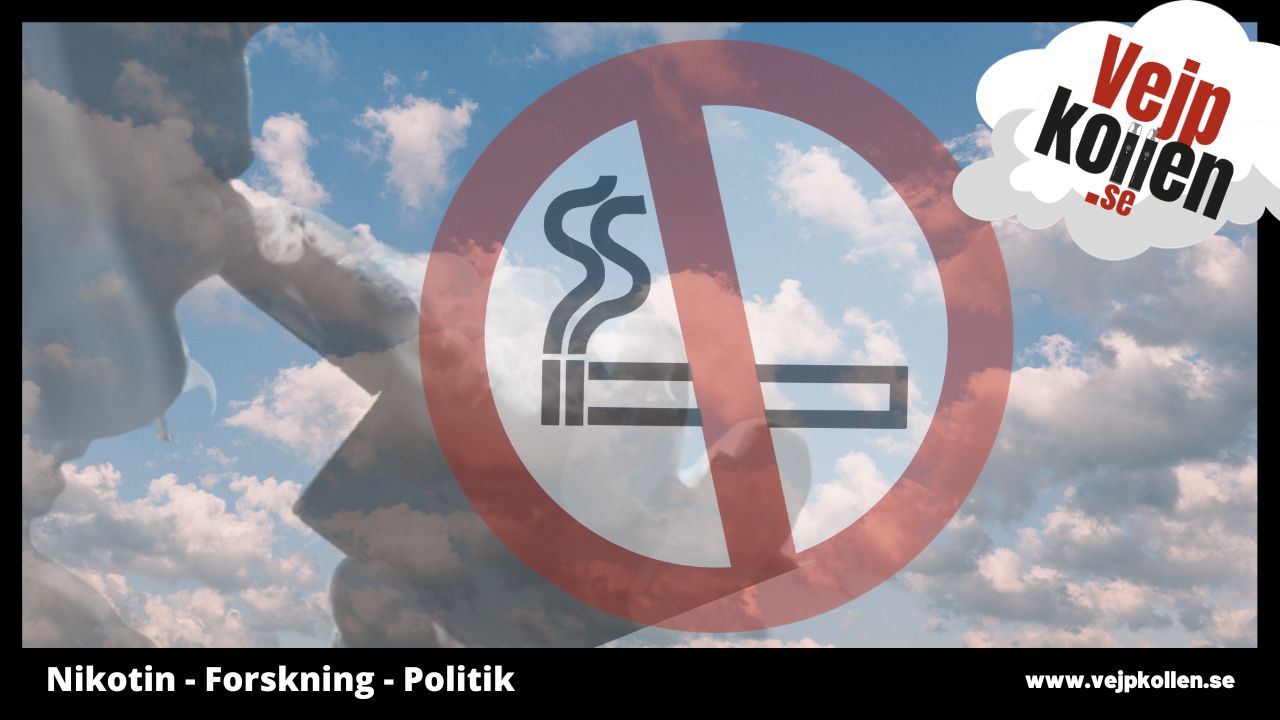The Foundation for a Smoke Free World has undergone a change in leadership and is breaking all previous contracts with the tobacco industry. According to the new Executive Director Cliff Douglas, the change is being made in order to move forward with the work on tobacco and nicotine harm reduction.
"The Foundation will not accept money from either tobacco or pharmaceutical companies in the future. This was one of the conditions I set when I accepted the assignment and is necessary to develop new partnerships," says Mr Douglas.
Since its inception, the Foundation for a Smoke-free World has sponsored a number of projects and research efforts to increase knowledge about harm reduction and smoke-free nicotine products. At the same time, the organisation has always been controversial. Its founder, Derek Yach, a key contributor to the WHO Tobacco Convention, set up the Foundation in 2017 with the ambition to accelerate efforts to reduce the impact of harm of smoking in the world. Through an agreement with Philip Morris International, one of the world's largest cigarette manufacturers, the Foundation received funding to run projects in the field of cigarettes. the Foundation's area of activity.
Counted as an industrial lobby
Although the agreement contained clear clauses prohibiting PMI from conditioning or directing activities, the collaboration was met with scepticism among active in the anti-tobacco movement. In most contexts, the Foundation for a smoke free world is considered part of the tobacco industry's lobbying apparatus.
The new management wants to change this.
"As of autumn 2023, the Foundation will not accept any money from the tobacco industry, or for that matter the pharmaceutical industry. We see this as an important step in moving forward and broadening the discussion on harm reduction," says new CEO Cliff Douglas. in a press release.
Worked for the "other side"
Cliff Douglas has a long history in the anti-tobacco movement and has been a driving force on smoking-related issues for several decades. Not least in a hard fight against the tobacco companies.
"I was there at the time when we pushed for a smoking ban on aeroplanes. It was a great success in combating smoking and its harmful effects. That was 35 years ago now. I see my new assignment as a very important step towards accelerating the development of a smoke-free society," says Mr Perez. Cliff Douglas.
"Need to find common ground"
He argues that the debate on smoking and the possibilities of reducing the harm caused by smoking has been overturned in recent years. This is particularly true in the scientific world, where researchers disagree about the possibilities of what is known as 'tobacco harm reduction'. Cliff Douglas believes that the link to tobacco companies has stood in the way of progress.
"But research is research, and those of us working in tobacco control actually agree on a lot of things. For example, we know that smoking kills millions of people every year. We can save lives by establishing a range of evidence-based strategies to reduce smoking. This is of course about developing methods to reduce uptake and increase opportunities to quit smoking. But it is also about developing and establishing harm minimisation strategies. The risks of nicotine use can be measured on a scale where different forms of use pose different risks to the user" says Cliff Douglas.
Supports many projects
According to Cliff Douglas, the Foundation for a Smoke Free World will soon change its name as part of the organisation's funding changes. The Foundation currently supports various training programmes and scholarships and this funding will reportedly continue. The Foundation also publishes Tobacco Transformation Index, an annual review of the proportion of tobacco companies' revenues and resources spent on smokeless nicotine products and smoking tobacco and cigarettes.




